
Exploring Limburg: The Heart of Dutch Charm
Limburg, the southernmost province of the Netherlands, is a gem for tourists seeking a blend of natural beauty, rich history, and unique culture. This picturesque region is known for its rolling hills, making it distinct from the typically flat landscape of the Netherlands. Visitors can enjoy scenic hikes, cycling trails, and peaceful countryside vistas. Maastricht, the capital of Limburg, is a must-visit city with its medieval architecture, cobblestone streets, and bustling squares. The city is famous for its vibrant cultural scene, including numerous museums, galleries, and theaters. Don't miss the chance to explore the St. Pietersberg Caves, a network of underground tunnels that tell the story of the area's mining past. Limburg is also renowned for its culinary delights. The region boasts a mix of Dutch, Belgian, and German influences, resulting in a unique gastronomic experience. Sample local specialties like Limburgse vlaai, a delicious fruit pie, and enjoy a glass of locally brewed beer or wine from the region's vineyards. Whether you're a history buff, nature lover, or foodie, Limburg offers a rich and diverse experience for every traveler.
Local tips in Limburg Province
- Visit during spring or fall for the best weather and fewer crowds.
- Rent a bike to explore the scenic countryside and charming villages.
- Don't miss the Christmas markets in Maastricht if visiting in winter.
- Try local dishes like Limburgse vlaai and asparagus during your stay.
- Use public transport to easily travel between cities and towns in Limburg.
Exploring Limburg: The Heart of Dutch Charm
Limburg, the southernmost province of the Netherlands, is a gem for tourists seeking a blend of natural beauty, rich history, and unique culture. This picturesque region is known for its rolling hills, making it distinct from the typically flat landscape of the Netherlands. Visitors can enjoy scenic hikes, cycling trails, and peaceful countryside vistas. Maastricht, the capital of Limburg, is a must-visit city with its medieval architecture, cobblestone streets, and bustling squares. The city is famous for its vibrant cultural scene, including numerous museums, galleries, and theaters. Don't miss the chance to explore the St. Pietersberg Caves, a network of underground tunnels that tell the story of the area's mining past. Limburg is also renowned for its culinary delights. The region boasts a mix of Dutch, Belgian, and German influences, resulting in a unique gastronomic experience. Sample local specialties like Limburgse vlaai, a delicious fruit pie, and enjoy a glass of locally brewed beer or wine from the region's vineyards. Whether you're a history buff, nature lover, or foodie, Limburg offers a rich and diverse experience for every traveler.
When is the best time to go to Limburg Province?
Iconic landmarks you can’t miss
Royal Palace Amsterdam
Discover the Royal Palace Amsterdam, a stunning neoclassical landmark showcasing the rich history and royal heritage of the Netherlands.
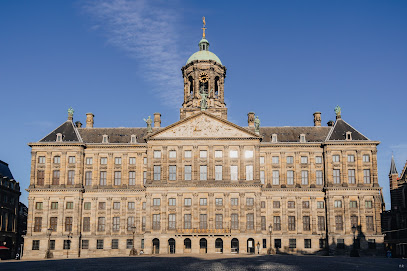
Castle Gardens In Arcen
Explore the stunning Castle Gardens in Arcen, a botanical paradise blending nature, history, and tranquility in the heart of the Netherlands.
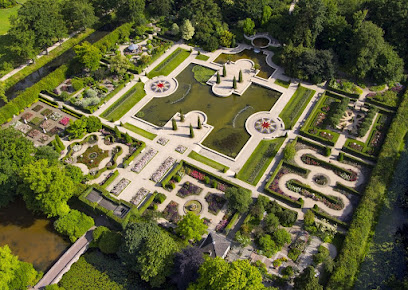
Dom Tower
Discover the rich history and breathtaking views of Utrecht from the iconic Dom Tower, a must-see cultural landmark in the Netherlands.
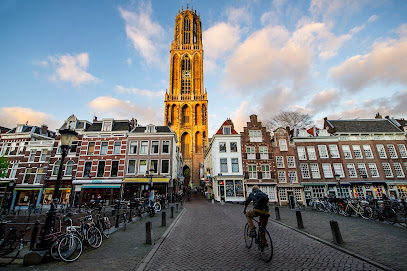
National Park De Maasduinen
Explore the breathtaking landscapes, rich biodiversity, and outdoor adventures at National Park De Maasduinen, a premier destination for nature lovers in the Netherlands.
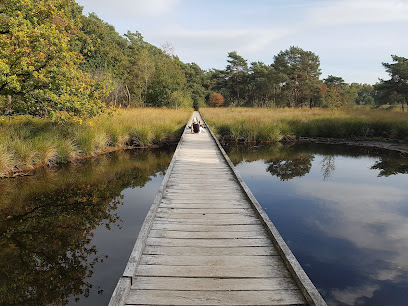
Limburgs Museum
Explore Limburgs Museum in Venlo for a captivating journey through the rich history and culture of the Limburg region.
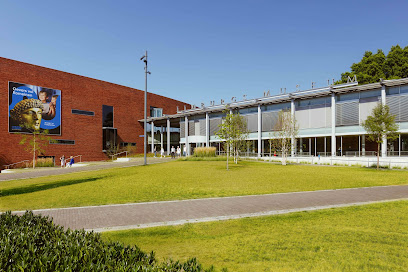
Uitkijktoren Lommelse Sahara
Explore the stunning vistas from the Uitkijktoren Lommelse Sahara, a must-visit tourist attraction in Belgium's beautiful nature reserve.
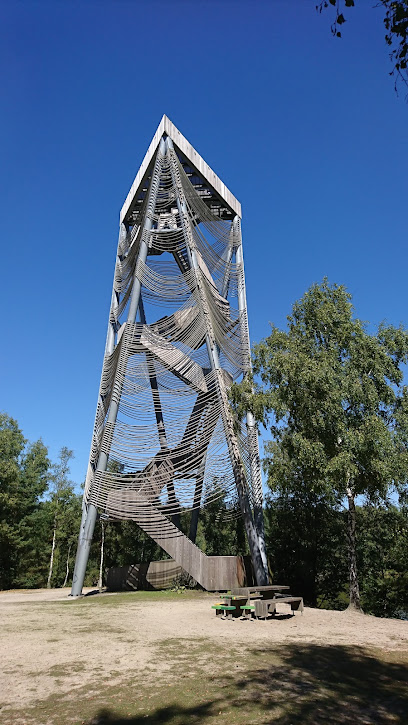
Speeltuin Kitskensberg
Discover the joy of play at Speeltuin Kitskensberg, Roermond's vibrant playground, offering fun and adventure for families and children.
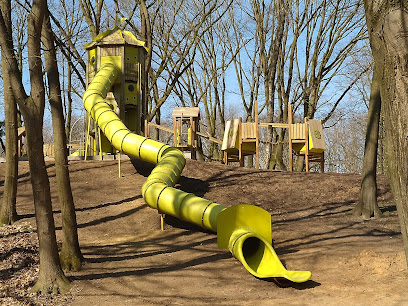
Meinweg National Park
Experience the breathtaking beauty of Meinweg National Park in the Netherlands, a haven for nature lovers and outdoor enthusiasts.
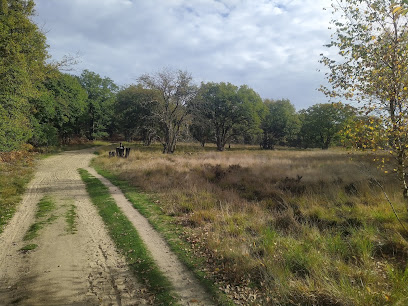
Barefoot Park Brunssum
Discover the sensory joys of Barefoot Park Brunssum, where walking barefoot through nature brings relaxation and connection with the outdoors.
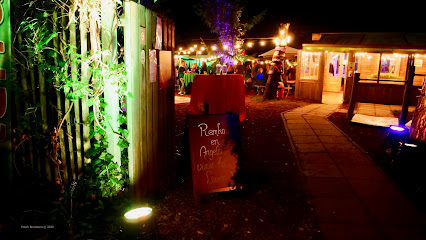
THORN Limburg The Netherlands
Explore Thorn, the enchanting White Town in the Netherlands, known for its picturesque streets, rich history, and vibrant local culture.
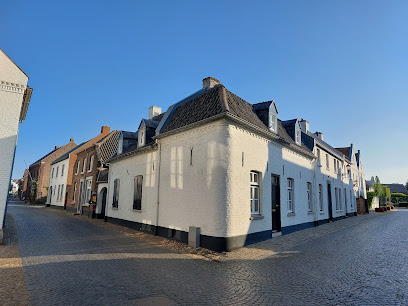
Limburgs Mooiste
Discover Limburgs Mooiste in Heerlen, a premier event venue blending elegance with local charm, perfect for unforgettable celebrations and gatherings.
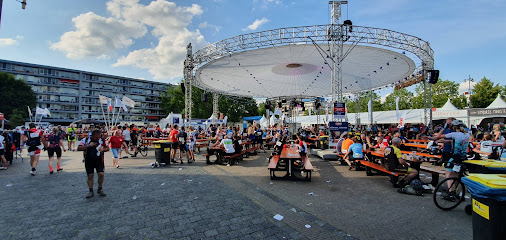
Roermond Limburg Nederland
Explore the historic beauty of Roermond, Limburg - a charming town that blends cultural heritage with stunning natural landscapes and vibrant shopping experiences.
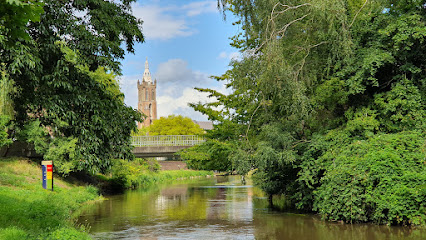
Visit Noord-Limburg
Experience the beauty and culture of Noord-Limburg, a picturesque destination in the Netherlands perfect for nature lovers and history enthusiasts alike.
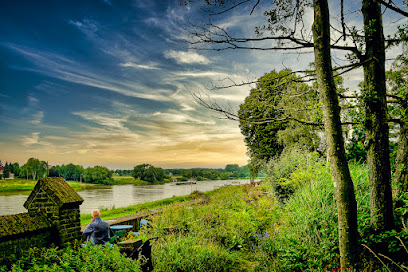
Der Mönch
Experience the serene charm of Der Mönch, a picturesque tourist attraction in Broekhuizen, where nature and tranquility meet.
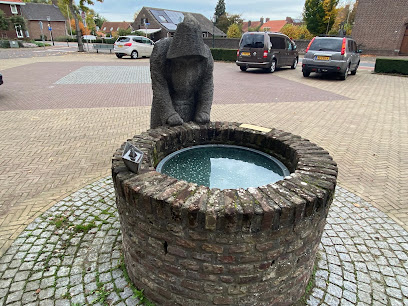
Limburgdealz.nl
Explore Limburgdealz.nl, a vibrant tourist attraction in Weert, where local culture and unique crafts come together to create an unforgettable experience.
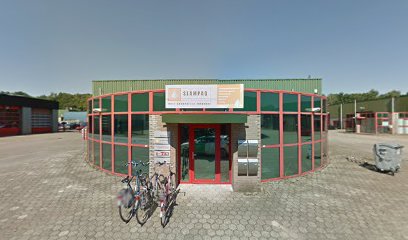
Unmissable attractions to see
Toverland
Discover the magic of Toverland, a premier theme park in Sevenum, Netherlands, filled with thrilling rides and enchanting attractions for all ages.
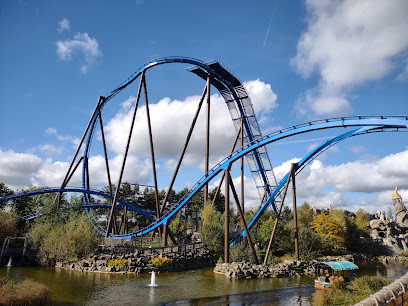
BORUSSIA-PARK
Discover the exhilarating atmosphere of Borussia-Park, the heart of Mönchengladbach's football culture and a must-visit for any sports enthusiast.
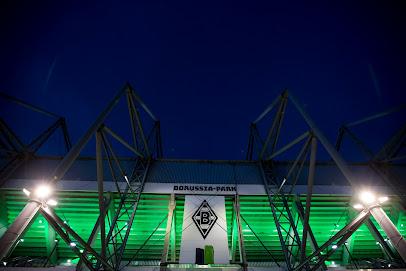
Castle Gardens In Arcen
Explore the breathtaking Castle Gardens in Arcen, a perfect blend of botanical beauty, historical charm, and tranquil landscapes for every traveler.
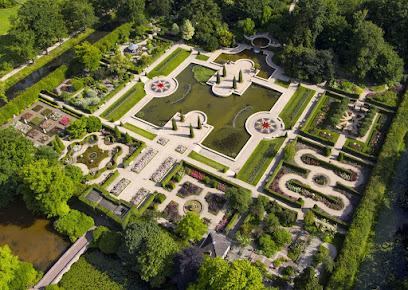
National Park De Maasduinen
Explore the diverse landscapes and rich biodiversity of National Park De Maasduinen, a serene retreat in the heart of the Netherlands.
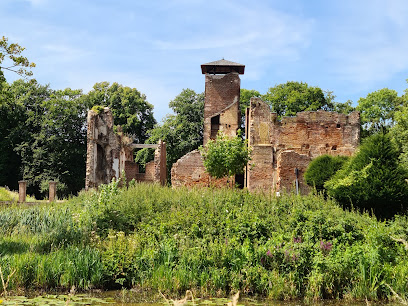
Hoensbroek Castle
Experience the enchanting history and architectural splendor of Hoensbroek Castle, a captivating tourist attraction in the heart of the Netherlands.
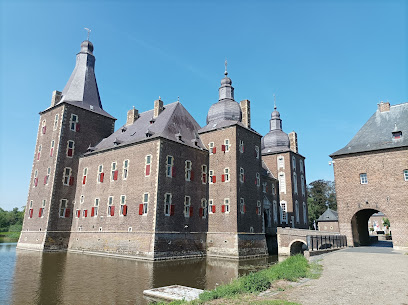
National Park Hoge Kempen
Explore the breathtaking landscapes and diverse wildlife of National Park Hoge Kempen, Belgium's first national park, a haven for nature lovers and adventurers.
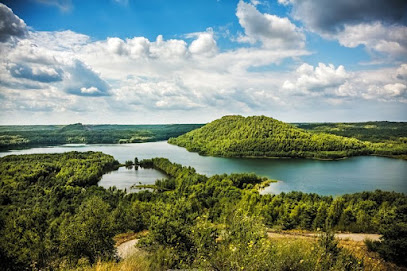
Mind Mystery
Explore the captivating world of Mind Mystery in Horst, where illusions come to life and curiosity knows no bounds.
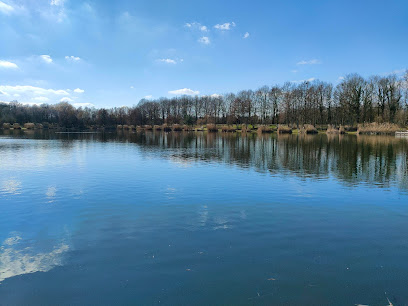
Mechelse Heide
Explore the tranquil beauty of Mechelse Heide, a stunning nature preserve in Belgium perfect for walking, cycling, and wildlife observation.
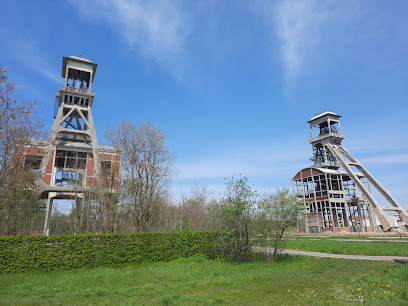
Valkhof Museum
Explore the captivating art and archaeology at Valkhof Museum, a cultural landmark in Nijmegen, revealing the city's rich historical tapestry.
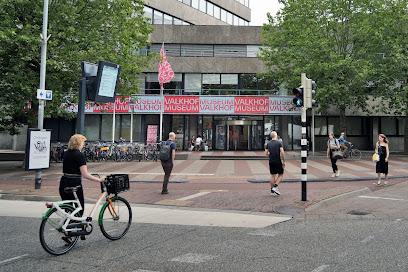
Uitkijktoren Lommelse Sahara
Explore the breathtaking Uitkijktoren Lommelse Sahara, a unique observation tower surrounded by stunning sandy landscapes and hiking trails in Belgium.
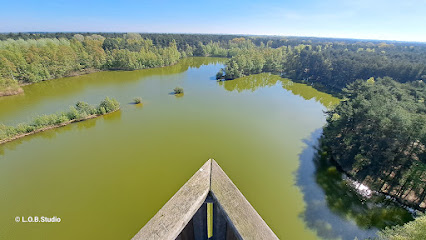
De Bastei
Discover De Bastei, a captivating museum and monument in Nijmegen that unveils the rich history and culture of the region with stunning views and engaging exhibitions.
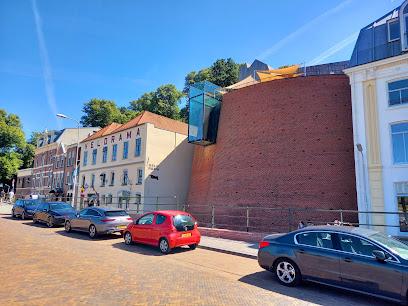
Roeffen Mart
Discover the ultimate family adventure at Roeffen Mart, a vibrant playground in Grubbenvorst where fun and imagination meet.
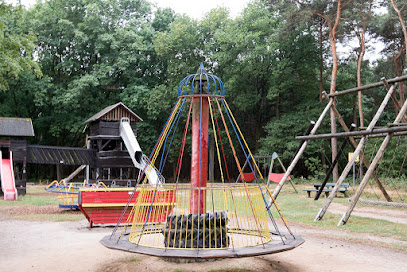
Het Aardbeienland
Explore Het Aardbeienland, a delightful theme park in the Netherlands, perfect for family fun and strawberry picking adventures.
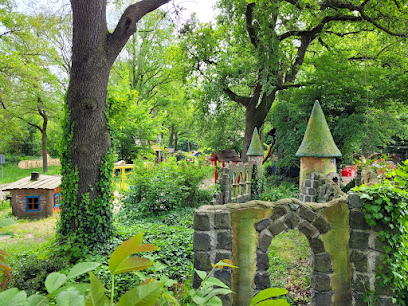
Museum de Locht
Explore the art of cheese-making and the rich agricultural heritage of the Netherlands at Museum de Locht in Melderslo.
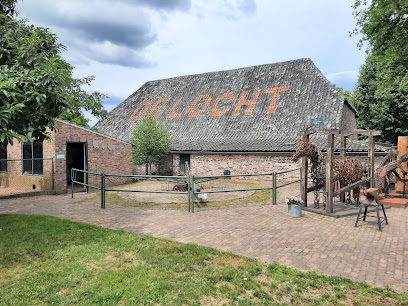
Nationaal Fietsmuseum Velorama
Discover the rich history of cycling at the Nationaal Fietsmuseum Velorama in Nijmegen, a must-see destination for bike enthusiasts and culture seekers.
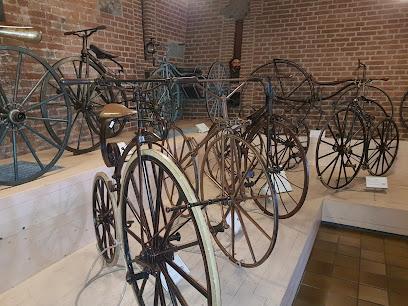
Essential places to dine
Horst World Kitchen
Discover exquisite flavors at Horst World Kitchen - where local ingredients meet culinary artistry in a cozy setting.
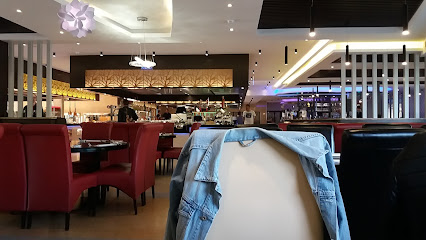
Gossimijne Horst
Experience exquisite tapas at Gossimijne Horst – where flavor meets tradition in a cozy bistro atmosphere.
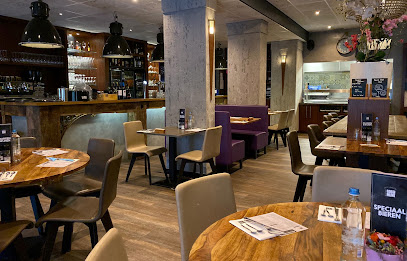
Boscafé Het Maasdal Sharing, Lunch, A la carte & High-Tea restaurant
Experience delightful dining at Boscafé Het Maasdal in Horst - where culinary excellence meets stunning natural beauty.
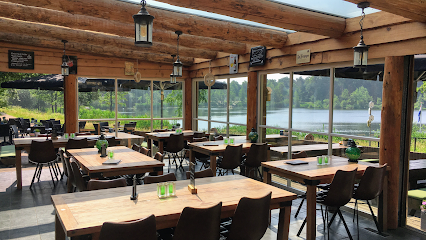
In de Witte Dame | Hotel | Kitchen | Bar | Apartments
Discover the culinary charm of In de Witte Dame in Grubbenvorst – where delightful dishes meet warm hospitality.
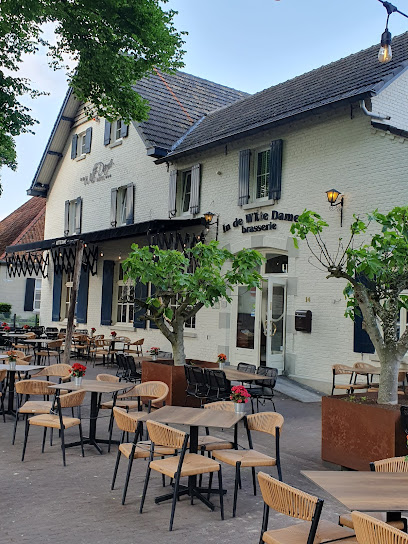
Café-Restaurant Aan de Meule
Discover delightful flavors at Café-Restaurant Aan de Meule in Beek - where local ingredients meet culinary passion.
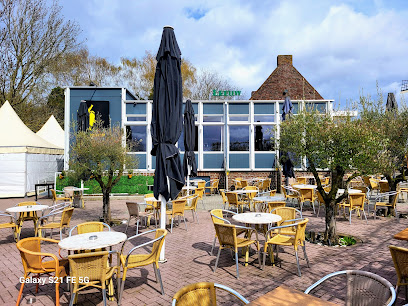
De Vief Heringe
Discover authentic Dutch cuisine at De Vief Heringe in Sittard - where every dish tells a story.
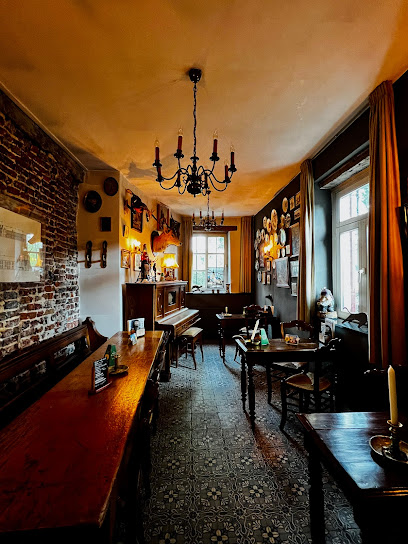
De Sevewaeg
Experience the rich flavors of Dutch cuisine at De Sevewaeg in Sevenum – where tradition meets modern culinary excellence.
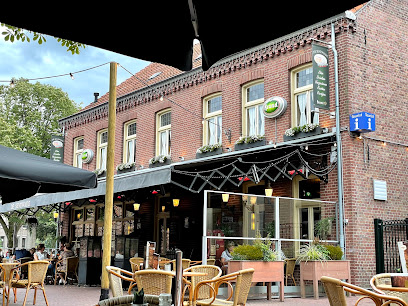
Down Under Restaurant
Experience authentic Australian cuisine in Sittard at Down Under Restaurant - where every dish tells a story.
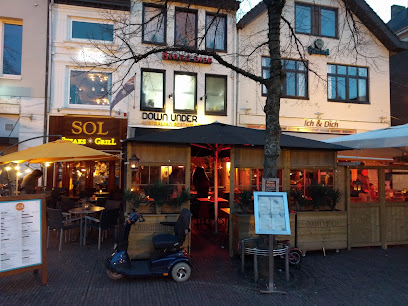
Tuinrestaurant Oude Pastorie
Discover culinary delights at Tuinrestaurant Oude Pastorie in Beek - where local flavors meet serene garden surroundings.
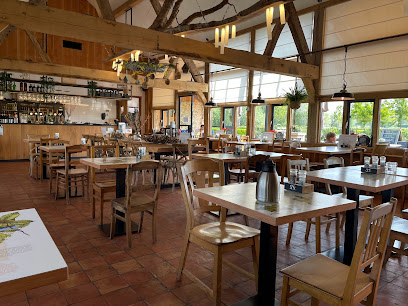
Biej de Tant
Experience authentic Dutch cuisine at Biej de Tant in Schinveld - where every meal tells a story of local flavors and hospitality.
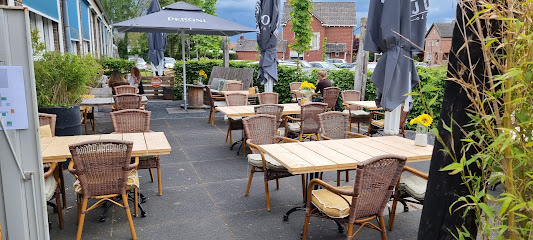
La Rondine
Savor authentic Italian cuisine at La Rondine in Horst - where every meal is a celebration of flavor!
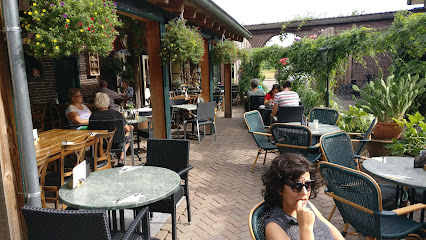
Graaf ter Horst
Discover exquisite dining at Graaf ter Horst in Horst, where local flavors meet international cuisine in an elegant setting.
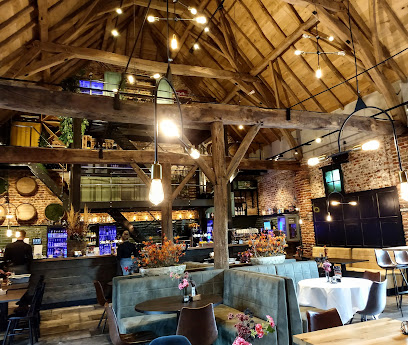
Terras Maasoever
Discover culinary delights at Terras Maasoever with breathtaking views of the Maas River, perfect for every food lover.
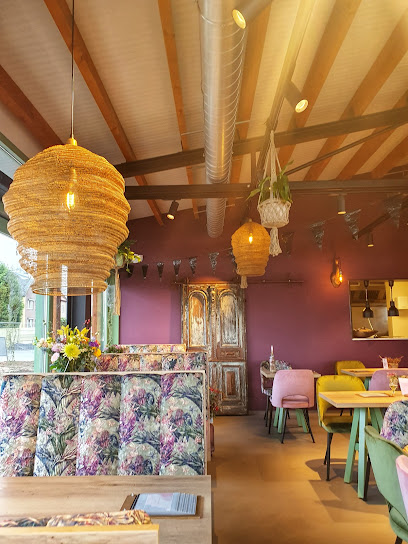
Aan de Drift
Experience the best pancakes at Aan de Drift in America, Netherlands – where culinary delight meets stunning natural beauty.
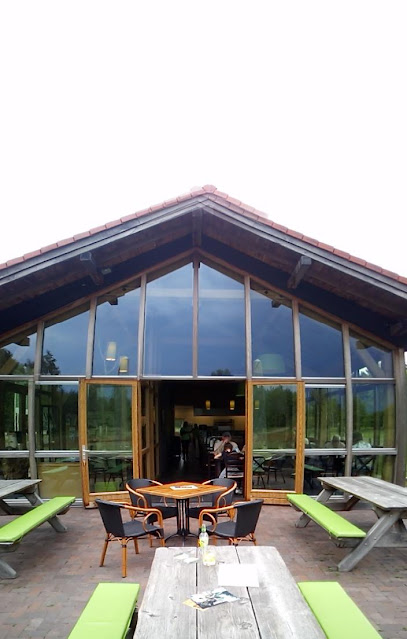
Restaurant Boschmolenplas
Experience delightful dining at Restaurant Boschmolenplas with stunning lakeside views and diverse culinary offerings in Heel.
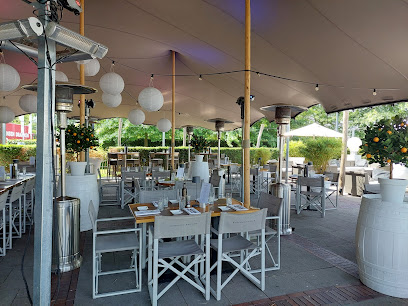
Markets, malls and hidden boutiques
Designer Outlet Roermond
Discover unbeatable deals on designer brands at Designer Outlet Roermond, a premier shopping destination in the Netherlands with over 150 stores.
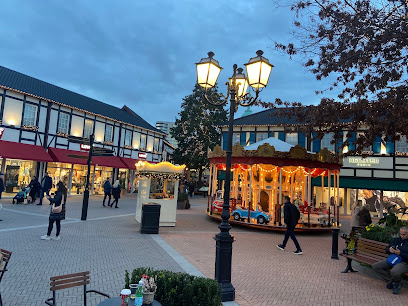
Trefcenter Venlo
Explore Trefcenter Venlo, the ultimate shopping destination in the Netherlands for home goods, garden furniture, and kitchen supplies.
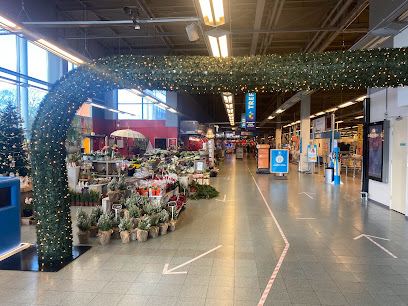
Shoppingcenter Roercenter
Explore Shoppingcenter Roercenter in Roermond, a vibrant shopping mall offering diverse retail, dining, and entertainment experiences for all visitors.
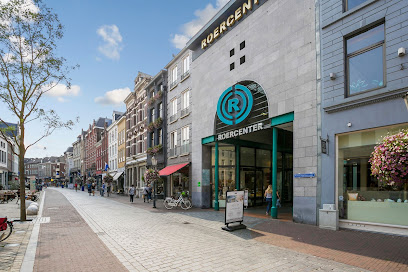
Lidl
Explore Lidl in Horst for affordable groceries and local flavors, perfect for tourists looking to stock up on essentials.
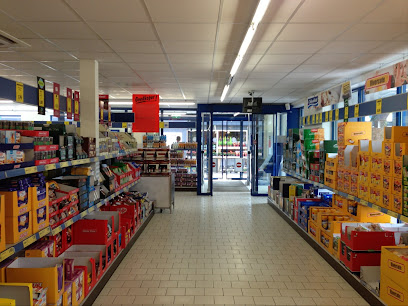
Winkelcentrum De Wieën
Discover the vibrant shopping experience at Winkelcentrum De Wieën in Venlo, where local culture meets modern retail.
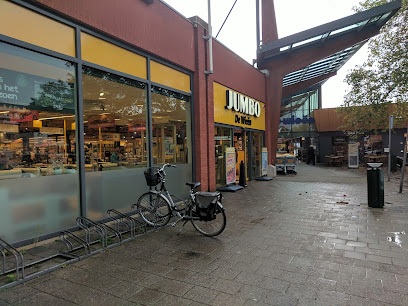
Winkelcentrum Mosaïque
Explore the vibrant Winkelcentrum Mosaïque, a premier shopping and dining destination in Bergen, Netherlands, perfect for all travelers.
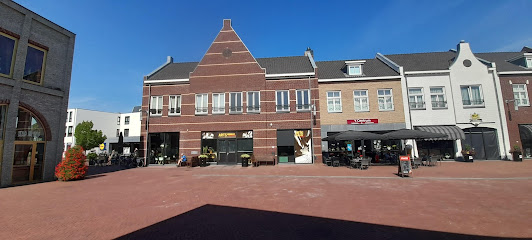
Poels Wonen | Slapen
Explore Poels Wonen | Slapen, Horst's premier furniture store, offering stylish designs and expert advice to transform your home into a haven of comfort.
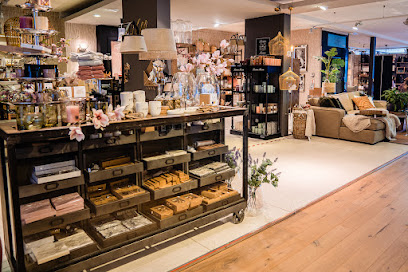
Pets Place Boerenbond
Explore Pets Place Boerenbond in Horst for an unforgettable shopping experience filled with pet supplies, grooming, and aquatic wonders.
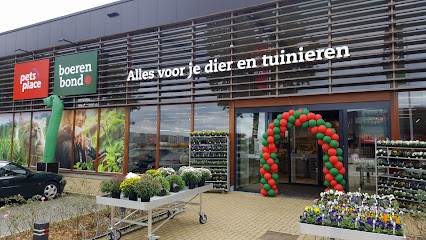
Drankenhandel-Slijterij Weijs
Explore Drankenhandel-Slijterij Weijs in Horst for a taste of exquisite wines, spirits, and local brews, perfect for every connoisseur.
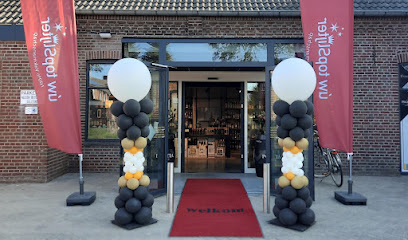
Bruna Horst
Explore Bruna Horst, a charming gift shop in the Netherlands, offering books, comics, and unique gifts for every reader and enthusiast.
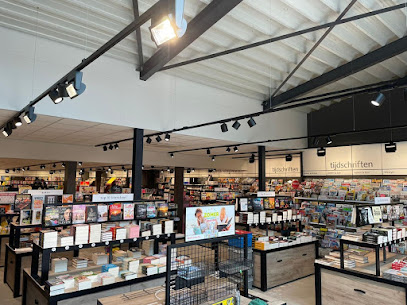
MIELNO XL
Discover MIELNO XL in Horst - where shopping meets local culture in a vibrant and welcoming atmosphere.
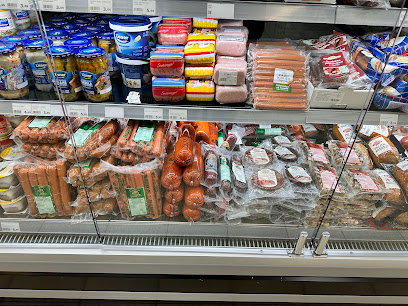
Beau Belle
Explore exquisite jewelry at Beau Belle, a charming jeweler in Horst, offering timeless elegance and personalized service for every occasion.
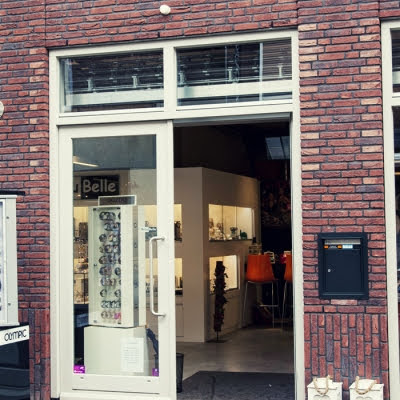
Armbanden.nl - Armband kopen | Dames Armbanden
Explore Armbanden.nl in Horst for exquisite jewelry, personalized designs, and a shopping experience that celebrates craftsmanship and creativity.

MAN in HORST (MAN Men's Wear)
Explore exquisite menswear at MAN Men's Wear in Horst, where style meets quality and service in a charming shopping atmosphere.
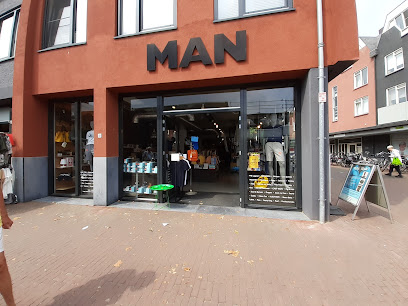
Limburgs Geschenk
Discover unique gifts and festive treasures at Limburgs Geschenk, the charming gift shop in Swalmen, Netherlands, perfect for every occasion.
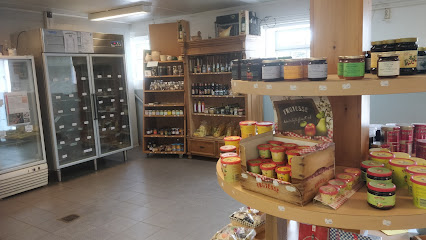
Essential bars & hidden hideouts
Gossimijne Horst
Discover the authentic flavors of Spain at Gossimijne Horst, where tapas and fine wines come together in a warm, inviting bistro atmosphere.
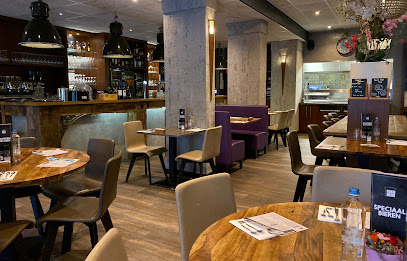
Liesbeth's Grand Café
Experience the charm and flavors of Liesbeth's Grand Café in Horst, where culinary delight meets a cozy atmosphere.
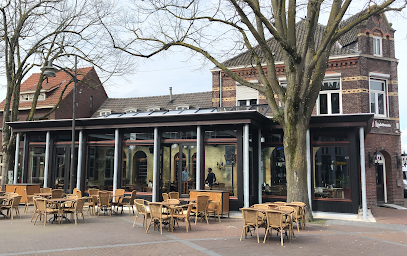
Wieck
Experience the best hamburgers and grill dishes at Wieck, a cozy restaurant in Roermond offering delightful flavors and great value.
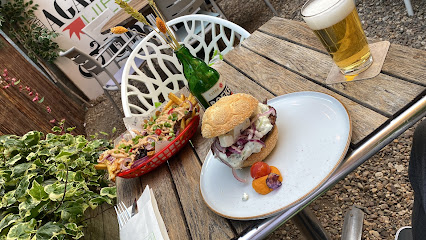
Blok 10 Horst
Experience delightful dining at Blok 10 Horst, where local flavors meet a vibrant atmosphere in the heart of Horst.
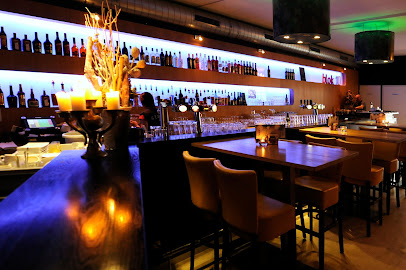
Bobby's Bar - Kleine Berg
Experience the vibrant nightlife at Bobby's Bar, Eindhoven's premier cocktail destination, where creativity meets classic flavors in a stylish setting.
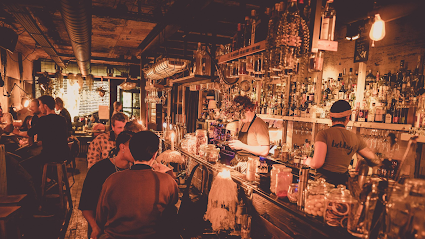
Restaurant Terlago
Experience the flavors of the Netherlands at Restaurant Terlago in Horst, where fresh ingredients meet culinary creativity for an unforgettable meal.
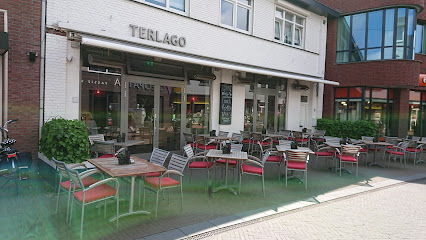
Café de Pool
Experience the heart of Maasbree at Café de Pool, where authentic Dutch cuisine meets a friendly pub atmosphere.
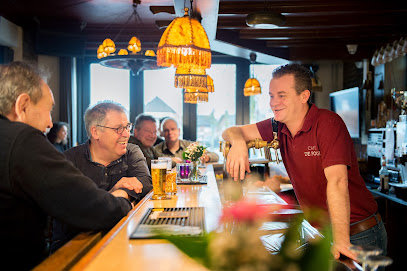
Gasterie Lieve Hemel
Discover Gasterie Lieve Hemel, where delightful French cuisine meets exquisite wines in the heart of Sevenum's lush countryside.
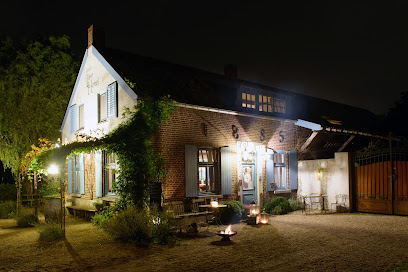
Proeflokaal van Horst
Discover the heart of Dutch pub culture at Proeflokaal van Horst, where local brews and warm hospitality await every visitor.
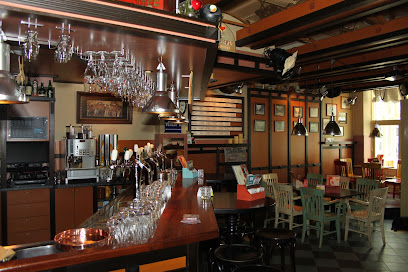
Hotel Café de Sport
Experience the perfect blend of comfort and local charm at Hotel Café de Sport in Velden, a must-visit for all travelers.
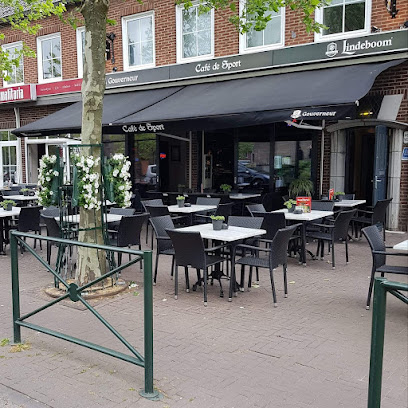
Café De Beurs
Discover the charm of Café De Beurs in Horst: a cozy pub with a vibrant atmosphere, craft drinks, and local culture.
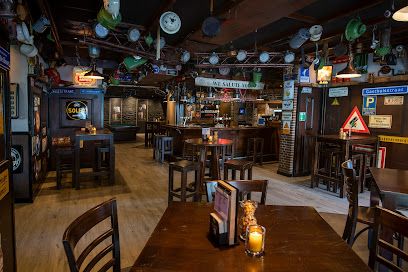
Café zaal d'n Hook
Discover the heart of Lottum at Café zaal d'n Hook, where friendly vibes and local flavors await you.
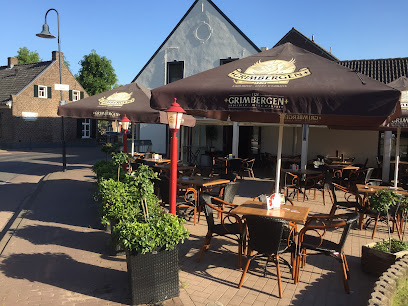
Marktjournal
Discover Marktjournal, a vibrant bar in Brüggen offering delightful drinks and a lively atmosphere perfect for unwinding and mingling with locals.
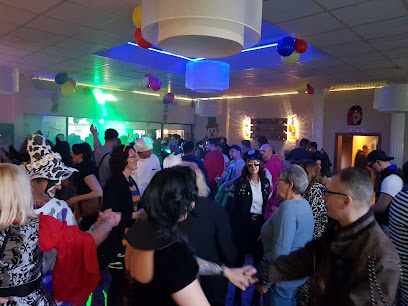
Breurs Sevenum
Experience local brews and a vibrant atmosphere at Breurs Sevenum, the perfect pub for tourists seeking a taste of Dutch nightlife.
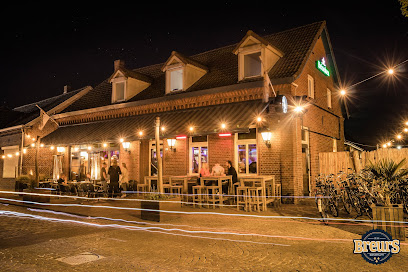
Hemelse Wijn
Explore Hemelse Wijn: A Charming Wine Bar in Sevenum Offering Exquisite Wines and Culinary Delights.
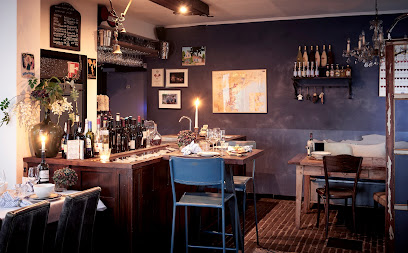
Local Phrases about Limburg Province
-
- HelloHallo
[hah-loh] - GoodbyeDoei
[duh-ee] - YesJa
[yah] - NoNee
[nay] - Please/You're welcomeAlstublieft
[ahl-stuh-bleeft] - Thank youDank je wel
[dahnk yuh vel] - Excuse me/SorrySorry
[sor-ree] - How are you?Hoe gaat het?
[hoo gah-t het] - Fine. And you?Goed. En met jou?
[khoot. en met yow] - Do you speak English?Spreek je Engels?
[spreyk yuh eng-els] - I don't understandIk begrijp het niet
[ik buh-greyp het neet]
- HelloHallo
-
- I'd like to see the menu, pleaseMag ik de menukaart zien, alstublieft
[makh ik duh meh-noo-kahrt seen, ahl-stuh-bleeft] - I don't eat meatIk eet geen vlees
[ik ayt khayn flays] - Cheers!Proost!
[prohst] - I would like to pay, pleaseIk wil graag betalen, alstublieft
[ik vil khrahg buh-tah-luhn, ahl-stuh-bleeft]
- I'd like to see the menu, pleaseMag ik de menukaart zien, alstublieft
-
- Help!Help!
[help] - Go away!Ga weg!
[gah vekh] - Call the Police!Bel de politie!
[bel duh poh-lee-see] - Call a doctor!Bel een dokter!
[bel ayn dok-tur] - I'm lostIk ben verdwaald
[ik ben fur-dwahld] - I'm illIk ben ziek
[ik ben zik]
- Help!Help!
-
- I'd like to buy...Ik wil graag kopen...
[ik vil khrahg koh-pen] - I'm just lookingIk kijk alleen maar
[ik kayk ahl-ayn mahr] - How much is it?Hoeveel kost het?
[hoo-vale kost het] - That's too expensiveDat is te duur
[dat is tuh dur] - Can you lower the price?Kunt u de prijs verlagen?
[kunt yu duh prace ver-lah-ghun]
- I'd like to buy...Ik wil graag kopen...
-
- What time is it?Hoe laat is het?
[hoo laht is het] - It's one o'clockHet is een uur
[het is ayn oor] - Half past (10)Half elf
[hahlf elf] - MorningOchtend
[ohk-tuhnt] - AfternoonMiddag
[mid-dahkh] - EveningAvond
[ah-vohnt] - YesterdayGisteren
[khis-tuh-run] - TodayVandaag
[vahn-dahkh] - TomorrowMorgen
[mohr-khun] - 1Een
[ayn] - 2Twee
[tway] - 3Drie
[dree] - 4Vier
[veer] - 5Vijf
[vayf] - 6Zes
[zehs] - 7Zeven
[zay-vun] - 8Acht
[ahkht] - 9Negen
[nay-khun] - 10Tien
[teen]
- What time is it?Hoe laat is het?
-
- Where's a/the...?Waar is de...?
[vahr is duh] - What's the address?Wat is het adres?
[vaht is het ah-dres] - Can you show me (on the map)?Kunt u mij laten zien (op de kaart)?
[kunt yu may laht-un seen (op duh kahrt)] - When's the next (bus)?Wanneer is de volgende (bus)?
[vahn-ur is duh fohl-ghun-duh bus] - A ticket (to ....)Een kaartje (naar ....)
[ayn kahrt-yuh (nar)]
- Where's a/the...?Waar is de...?
History of Limburg Province
-
Limburg Province has a rich history that dates back to prehistoric times. Archaeological findings reveal that the region was inhabited by early humans as far back as the Neolithic period. The fertile lands and strategic location along the Meuse River made it a prime settlement area for various tribes and cultures.
-
During the Roman Empire, Limburg was an important part of the frontier known as the 'Limes.' The Romans built several forts, roads, and settlements in the area, including the city of Coriovallum, now known as Heerlen. The Roman baths in Heerlen are among the best-preserved in the Netherlands and offer a glimpse into the luxurious lifestyle of Roman settlers.
-
In the Middle Ages, Limburg was a patchwork of small states and principalities, each ruled by local lords. The region was heavily influenced by the Duchy of Brabant and the Prince-Bishopric of Liège. Maastricht, one of the oldest cities in the Netherlands, flourished during this period as a center of trade and religion. The Basilica of Saint Servatius in Maastricht, built in the 6th century, is a testament to the city's historical significance.
-
Limburg played a significant role in the Eighty Years' War (1568-1648), a conflict between the Spanish Empire and the emerging Dutch Republic. The strategic location of Limburg made it a battleground for numerous sieges and battles. The Siege of Maastricht in 1579 was particularly notable, resulting in the city's capture by Spanish forces. The war ultimately led to Limburg becoming part of the Dutch Republic.
-
The 19th century brought significant industrial development to Limburg, particularly in the mining sector. The discovery of coal in the region led to the establishment of numerous mines, transforming cities like Heerlen and Kerkrade into industrial powerhouses. The mining industry attracted workers from all over Europe, creating a diverse and multicultural population.
-
Limburg was heavily impacted by World War II. The province was occupied by German forces in 1940 and remained under occupation until the Allied forces liberated it in 1944. The Battle of Maastricht and the crossing of the Meuse River by American troops were pivotal moments in the liberation of Limburg. Numerous war memorials and cemeteries in the region honor the sacrifices made during this tumultuous period.
-
Today, Limburg is known for its unique cultural identity, blending Dutch, Belgian, and German influences. The province is famous for its vibrant festivals, such as the annual Carnival celebrations in cities like Maastricht and Venlo. Limburg's picturesque landscapes, historic architecture, and culinary delights, including the renowned Limburgse vlaai (a type of pie), make it a popular destination for tourists seeking a blend of history and modern charm.
Limburg Province Essentials
-
Limburg Province is located in the southeastern part of the Netherlands. The nearest major airport is Maastricht Aachen Airport, which offers connections to several European cities. Alternatively, you can fly into Amsterdam Schiphol Airport, and take a direct train to Maastricht, the capital of Limburg, which takes about 2.5 hours. The province is also well-connected by train and bus services from other parts of the Netherlands and neighboring countries such as Belgium and Germany.
-
Public transportation in Limburg is efficient and reliable. Trains and buses connect major towns and cities within the province. The Dutch Railways (NS) operate frequent train services, and Arriva provides bus services. For local travel, renting a bicycle is a popular option, as the region is bike-friendly with well-marked cycling paths. Taxis and car rentals are also available for those who prefer private transportation.
-
The official currency in the Netherlands is the Euro (EUR). Credit and debit cards are widely accepted, especially those with chip-and-PIN technology. However, it's advisable to carry some cash for small purchases, particularly in rural areas or smaller establishments. ATMs are readily available throughout Limburg, and you can use international cards to withdraw cash.
-
Limburg Province is generally a safe destination for tourists. However, standard safety precautions should be followed. Avoid leaving valuables unattended and be cautious in crowded places to prevent pickpocketing. There are no specific high-crime areas targeting tourists, but it’s always best to stay vigilant, particularly in busy tourist spots and public transportation hubs.
-
In case of emergency, dial 112 for immediate assistance from police, fire services, or medical help. Maastricht University Medical Center+ is one of the major hospitals in the region. Pharmacies are available in most towns and often have extended hours. It's recommended to have travel insurance that covers medical emergencies. For minor health issues, over-the-counter medications can be purchased at local pharmacies (apotheken).
-
Fashion: Do dress comfortably and appropriately for the weather. Casual wear is generally acceptable, but do dress modestly when visiting religious sites. Religion: Do respect local customs and traditions. Limburg has a rich Catholic heritage, so be respectful when visiting churches and religious events. Public Transport: Do validate your ticket before boarding trains and buses. Don’t eat or drink on public transport. Greetings: Do greet people with a handshake. In more informal settings, a kiss on the cheek (three times) is common. Eating & Drinking: Do try local specialties such as Limburgse vlaai (a type of pie) and local beers. Don’t refuse hospitality, as it is considered impolite.
-
To experience Limburg Province like a local, visit the regional markets such as the one in Maastricht’s Market Square on Wednesdays and Fridays. Engage with locals, who are known for their friendliness and willingness to share stories about their region. Explore the beautiful countryside, including the picturesque hills of South Limburg. Don’t miss the annual events like the Preuvenemint food festival in Maastricht or the Carnival celebrations. For a unique experience, take a boat trip along the Maas River or visit the underground caves in Valkenburg.
Trending Landmarks in Limburg Province
-
Royal Palace Amsterdam
-
Castle Gardens In Arcen
-
Dom Tower
-
National Park De Maasduinen
-
Limburgs Museum
-
Uitkijktoren Lommelse Sahara
-
Speeltuin Kitskensberg
-
Meinweg National Park
-
Barefoot Park Brunssum
-
THORN Limburg The Netherlands
-
Limburgs Mooiste
-
Roermond Limburg Nederland
-
Visit Noord-Limburg
-
Der Mönch
-
Limburgdealz.nl
Nearby Cities to Limburg Province
-
Things To Do in Nijmegen
-
Things To Do in Dusseldorf
-
Things To Do in Arnhem
-
Things To Do in Maastricht
-
Things To Do in Genk
-
Things To Do in Essen
-
Things To Do in Aachen
-
Things To Do in Hasselt
-
Things To Do in Cologne
-
Things To Do in Amersfoort
-
Things To Do in Liege
-
Things To Do in Utrecht
-
Things To Do in Spa
-
Things To Do in Bonn
-
Things To Do in Leuven













